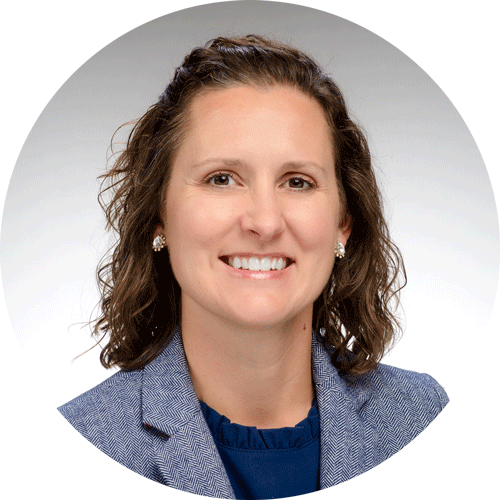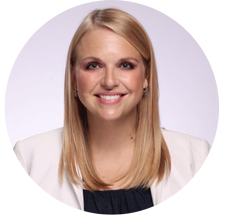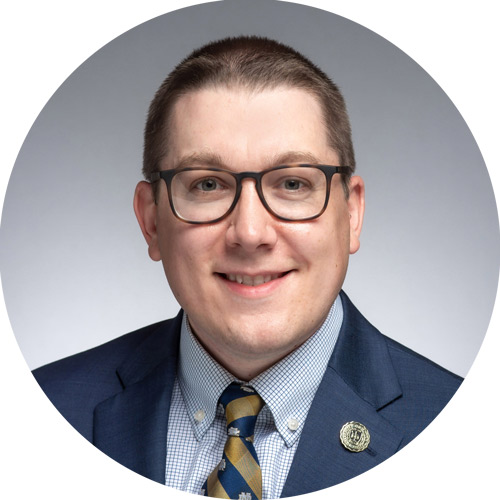Enhancing the Student Experience: A Commitment to Community
The Graduate Enrollment team has always prided itself on ensuring a top-notch experience for prospective students throughout the application process. This summer, we deepened our commitment to enhancing the student experience by reviewing our application process with a fine-toothed comb. We looked at our competitor’s applications, examined our applicant user experience, clarified steps and removed barriers to make applying easier.
Next, we assembled a cross-functional group of Mendoza colleagues to refine our interview questions. The goal was to ensure that the information applicants share during interviews gives the admissions committee a clear understanding of their fit within our community, commitment to our mission and their goals within the program and beyond.
Speaking of interviews, applicants now have the option to interview virtually or in person. The return of in-person interviews has allowed prospective students to experience the Mendoza community firsthand before being admitted. They can schedule interviews during visits to Mendoza which are offered three days per week, or if they're on campus for a Football Friday, they can meet with us in a suite at the stadium — providing iconic views of Notre Dame before their interview.
Visiting students will also benefit from our new, dedicated parking spaces for Mendoza Graduate Admissions. With most prospective students arriving around noon, when parking can be challenging, these reserved spots reflect the Mendoza community’s thoughtful consideration of the entire student experience.
In addition to these on-campus enhancements, our recruitment team has been traveling nationwide and internationally to meet students face-to-face. It's been incredibly rewarding for our team to receive calls from students they met just a week earlier, asking questions as they work on their applications.
The enrollment team has had a busy summer and fall, all aimed at introducing students to our community. Their efforts culminated in one of our favorite days: Last Friday, we made more than 200 phone calls to newly admitted students, welcoming them to the Notre Dame family.
The commitment and passion our team brings to their work every day was met with an outpouring of excitement and emotion from the students, ranging from tears of happiness and stunned silence to joyful shaking and at least one ecstatic scream. The energy and excitement we see from our newly admitted students is a powerful reminder of why we remain committed to providing an exceptional admissions experience for every applicant.
Go Irish!
Claire
Claire Fitzgibbon
Senior Director of Graduate Enrollment
Graduate Enrollment







